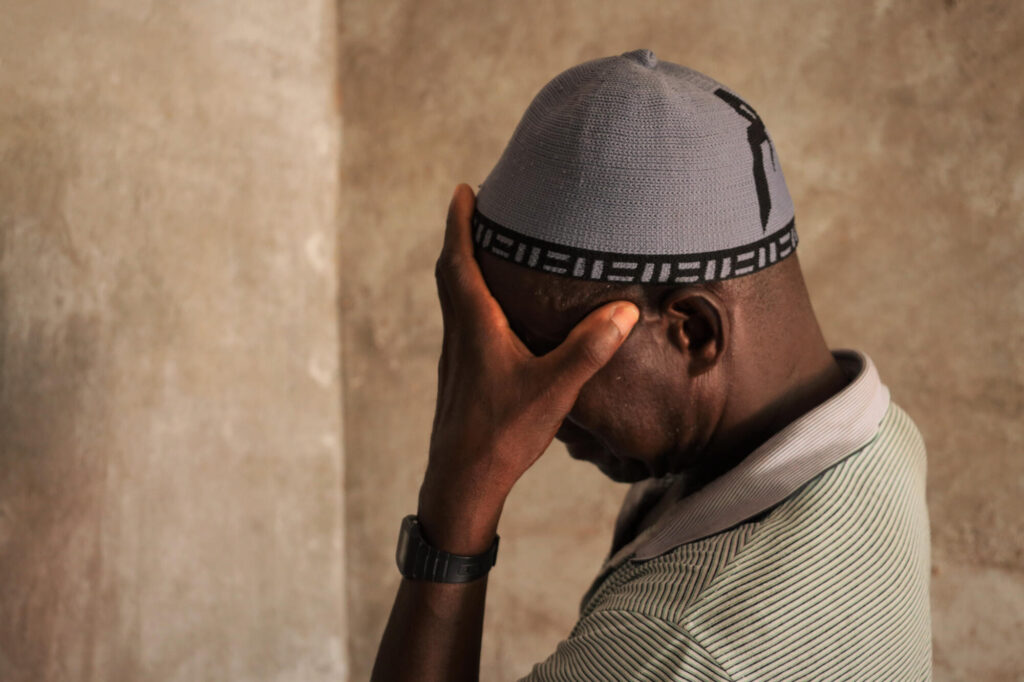ADF STAFF
After months of relative calm, a surge of new attacks by the Islamic State-Mozambique (ISM) terror group is driving waves of people from their homes in the Cabo Delgado province.
Thus far in 2024, more than 99,000 people, including 61,492 children, have fled their homes in Cabo Delgado, the charity group Save the Children reported on March 5. Of the 70,000 people who fled to the Nampula district to the south, 85% were women, reported the United Nations Children’s Fund.
“There are repeated reports of beheadings and abductions, including multiple child victims,” the charity said in a statement, noting that more than 100 schools in the province have shut down.
In early March, local authorities reported that more than 70 children were separated from their families and went missing after recent attacks forced thousands to flee. There are fears that some may have drowned in a river or were kidnapped by ISM, which likely would use them as child soldiers, slaves and laborers.
After months of successful counterterrorism operations, ISM’s numbers fell to “160 to 200 battle-hardened fighters,” according to a January 29 U.N. report.
The head of the Mozambique army, Maj. Gen. Tiago Nampele, said in December that Cabo Delgado was “90-95% secure.” But on March 2, 300 ISM fighters reportedly seized and occupied the coastal town of Quissanga, a district capital that the Mozambican military had left unprotected. Insurgents beheaded three members of the security forces on nearby Quirimba island the following day.
The new attacks have hit areas that were relatively untouched since the start of the insurgency, including a sustained push into the Chiúre district near the province’s southern border.
“[ISM’s] actions in February are notable for their relative intensity and the absence of an effective response from state forces,” Cabo Ligado, a website that monitors the insurgency, reported in a March 7 situation report.
The insurgency, which sprouted from local grievances into violent conflict in 2017, has forced more than 1.3 million people from their homes in the last six and a half years. Most of the displaced have experienced or witnessed extreme violence including killings, kidnappings, extortion, sexual violence and burned villages. Many saw relatives and neighbors decapitated or shot dead. Some have lost their entire family.
Esperança Chinhanja, a psychologist with Médecins Sans Frontières (MSF) in Macomia, one of the most affected districts of Cabo Delgado, has seen displaced families in need of food, shelter, health care and emotional support.
“Displaced people often have been highly traumatized by the violence,” she said on MSF’s website. “Some people experience anxiety, panic attacks, insomnia and isolation. Some share that they have lost the meaning of life and mention suicidal thoughts.”
Atija, a mother of two, shared her story with MSF at their clinic in Nanga.
“I was pregnant when our village was attacked in Meluco district in 2022,” she told MSF. “I saw my house being burnt down, we lost everything we had on that day. My family and I fled to the bush and walked for two days. Since then, I have never been the same and I am still struggling with panic attacks, insomnia, and I want to be alone most of the time. I find my strength to continue living from my children and trying to find food for us.”
Filippo Grandi, the U.N. high commissioner for refugees who visited Cabo Delgado in March, noted that although 600,000 people have been able to return to their homes, the recent increase in insurgent attacks now has the total number of Mozambicans displaced by violence at more than 700,000.
The spike in displacement underscores the fragility of security in Cabo Delgado, Piers Pigou said.
“The government acknowledges that only a handful of insurgents can generate widespread uncertainty,” the Institute for Security Studies researcher told The Associated Press. “This will not change unless communities have far greater belief that the security forces will be able to provide the required stability.”

